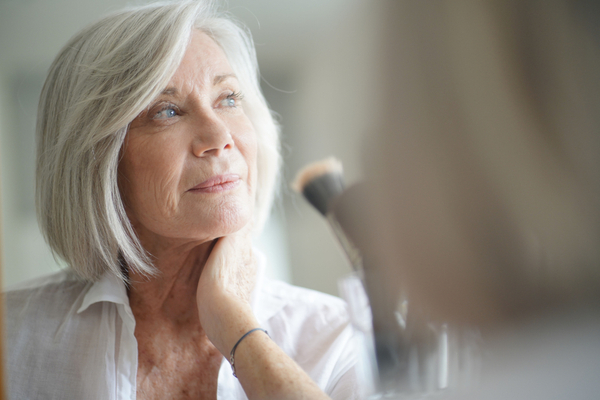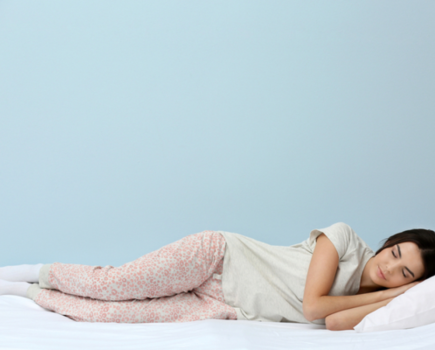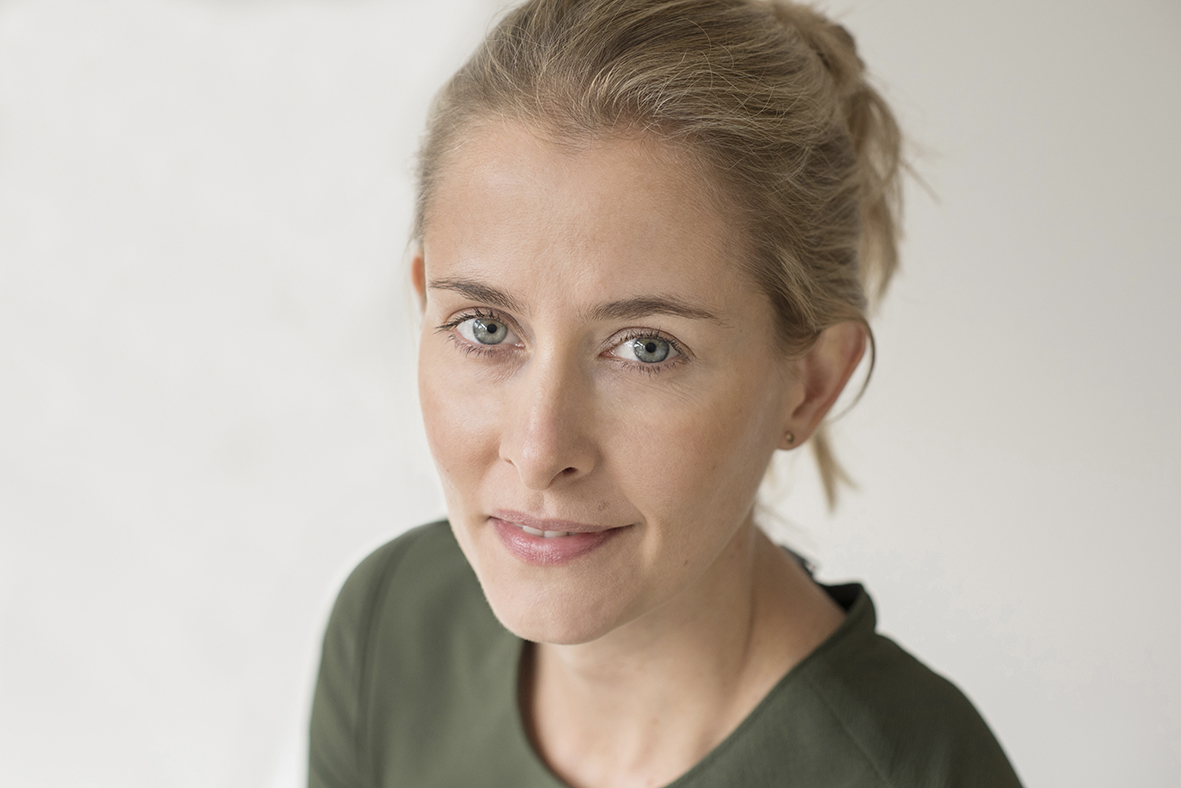
Dr Meg Arroll discusses menopause, ageing and confidence
Has your confidence has taken a hit following ageing and the onset of menopause? Read on for some expert advice from Dr Meg Arroll that’ll put a spring back in your step…
By Dr Meg Arroll
It can be hard to feel confident when ageing and menopause strike. Youth has always been seen as the ideal, with many of us striving to hold back the years. But now there is an internal and psychological battle between wanting to grow old gracefully but yearning to still look and feel young.
There has been a rise in ‘tweakments’ in recent years. This is where you can pop into a clinic in your lunch hour for a quick hit of botox or fillers. Not to mention countless other cosmetic procedures. These may have a part to play. However, I believe the Ageing Dilemma is more complex than this.

Is social media to blame for the taboo of ageing and menopause?
Many social media influencers now focus on health, rather than beauty per se. However, even the health-based influencers post pretty-near flawless pictures, in seemingly impossible yoga poses surrounded by beautiful countryside.
It’s yet another reason to feel self-conscious and critical – as the midlife bloggers turn to yogis and vegan master chefs, we’re left to feel like we’re not only lagging behind the younsters, but our peers.
Social media trends can affect older people just as much as millennials – it’s more a question of relevance.
It’s very easy to feel irrelevant in a social media world where hard-won qualifications and experience pale into insignificance in the sea of posts. The more we live our lives online, the more irrelevant our true lives can feel.
The Ageing Invisibility Cloak
There’s more under the surface, as it were, than just physical appearance. Many of us start to feel invisible as we age – no longer are the side glances, eye contact or even (although now very un-PC to say) wolf whistles.
Whereas in younger years this attention may have been unwanted or at worst intimidating, there can still be a sense of loss when it disappears.
This is yet another aspect of the Ageing Dilemma – in this #metoo era many women in particular would feel uncomfortable mourning the loss of such attention, so we don’t openly talk about. But this doesn’t mean we don’t feel a little hurt when others seem to completely ignore us.
‘Many women felt they had suddenly become invisible in society once their physical appearance started to change.’
A study of women experiencing the menopause conducted at the Division of Social and Developmental Psychology at the University of Cambridge found that many women felt they had suddenly become invisible in society once their physical appearance started to change.
The women who were interviewed for this study said that they felt less validated. This then affected their sense of self-worth. So, is it any wonder that so many women reach for the fillers these days?
This research also showed that women who judged themselves more on their physical characteristics, rather than what they’re good at or indices of health and wellbeing found the perceived change in visibility more difficult.
On the other hand, women who acknowledged some of the positive aspects of the menopause such as relief from menstruation, increased confidence and a new-found sense freedom said they still felt visible and valuable.
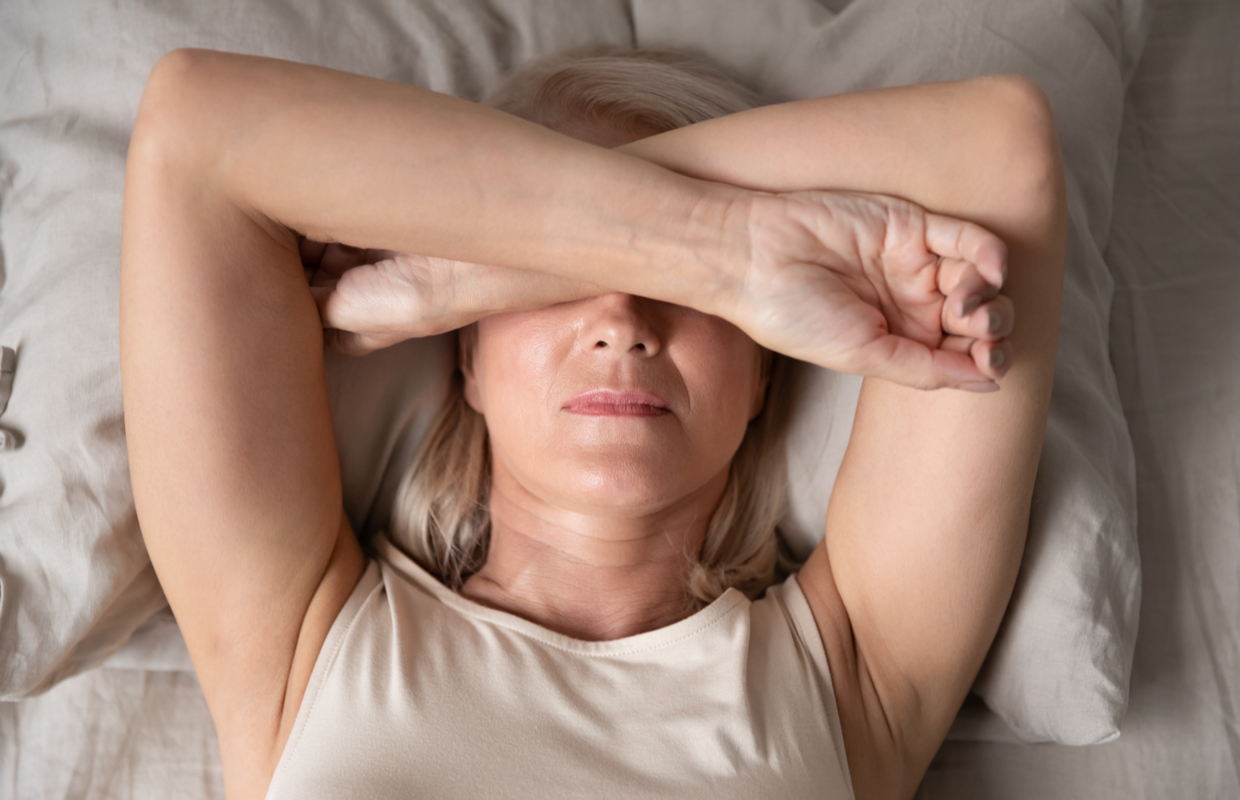
Are menopause symptoms affecting your confidence?
Embarrassing symptoms triggered by the menopause or childbirth such as incontinence can also have a significant effect on our self-perception.
Research by bladder weakness specialist INNOVO® found that this common problem, which affects up to 1 in 3 women, negatively affected women’s sex and social lives. Furthermore made it difficult for them to maintain important health behaviours such as exercise.
Even though incontinence is treatable, 40% of the women surveyed in this study said they ‘just put up with it’. They simply accepted bladder weakness as a sign of ageing.
Considering the sacrifices women were making in terms of the most enjoyable areas of life, incontinence certainly isn’t someone we should have to accept in the Ageing Dilemma.
Weight gain vs wrinkles: what really makes us feel old?
It would be amiss to suggest that the odd wrinkle is really the only issue here. Research commissioned by supplement company Healthspan showed that gaining weight in midlife had a major impact on women’s confidence.
Indeed, as I say in my book The Shrinkology Solution, midlife is a time when all the old diet rules simply don’t work anymore. This is not just true for women either. In my practice I see many men who struggle to maintain their body shape in their 40s and 50s.
One reason for this is our metabolism slows as we age. It drops 1-2% per decade with a shaper decline from around 40. This means we have to work much harder to get the same results.
To put this in real terms, at resting rate we burn approximately 200 fewer calories a day when we’re 45 compared to age 25. With all other factors being equal, this can equate to a gain of 8-12 pounds per year.
Also, muscles mass decreases over the years and muscles use more metabolic energy than fat. Yet another reason why keeping that middle age spread at bay is tricky.
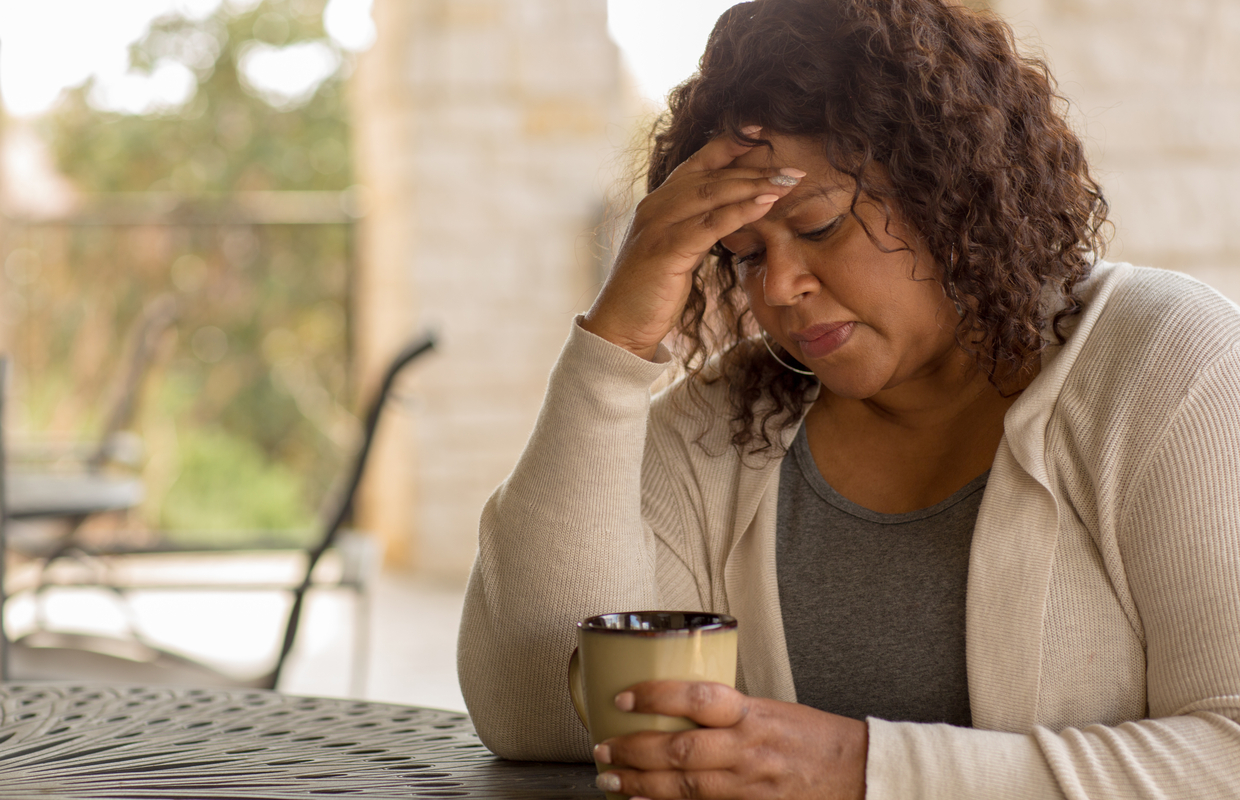
Why menopause is the ‘sandwich generation’
Many women are now in what is known as the ‘sandwich generation’, wherein they have dual caring responsibilities. Not only do post-university children boomerang back home, as we’re having children later in life there may be school-age kids in the house too.
But at the same time, parents are ageing and in need or care and support. This double-whammy of caring roles is usually on top of full-time work, looking after the kids at home as well as trying to keep a relationship on track.
These heavy burdens mean many people, both men and women, find it hard to make time for real self-care. This includes exercising, eating well and relaxation.
Hence, yet again, it can be very tempting to pop to a clinic for a bit of botox, quick filler or other rejuvenating treatment to wash away the exhaustion.
Ageing, menopause and losing confidence: are we being vain?
While everyone will have their own opinion and reach their personal conclusion, I think the Ageing Dilemma has very little to do with individual vanity. As a society, I think we do still put too much onus on physical appearances. I think it would be naive to dismiss this.
Although what constitutes beauty changes over the decades (just think about Twiggy in the 60s to the Kardashians now, whose bodies are poles apart), there is always an ‘ideal’ we feel pressured to live up to.
It can be incredibly hard to overcome this societal and cultural anxiety around our bodies and faces. However, we can use our minds to shift perspective.
As research and the present case study illustrates, by focusing more on what we have achieved, what our bodies are capable of even as we age, and our skills and competencies, we can live full and productive lives.
Dr Meg Arroll is author of The Shrinkology Solution and a brand ambassador for Healthspan.

